Swiss timekeeping giant Swatch is planning a new smartwatch and mobile payment system to compete with the forthcoming Apple Watch and the already-established Apple Pay, the company's CEO has said.
Swatch's smartwatch will sport an NFC antenna for mobile payments and will not need to be charged, company chief Nick Hayek told Bloomberg. The watch is currently slated for release in two to three months, and the company is in talks with unnamed retailers about its payment plans.
Hayek revealed no other details about the upcoming device, though a look at the company's existing products can offer some clues.
The Swatch Group is one of the largest timekeeping companies in the world, and counts among its subsidiaries electronics firms EM Microelectronic-Marin and Renata. EM manufactures ultra-low power integrated circuits and LCDs, while Renata is a major manufacturer of micro batteries.
As noted by Bloomberg, Tissot — Â a Swatch brand — sells a diving watch that displays functions such as a thermometer, compass, and logbook on an integrated LCD. Divers can switch between the options by tapping on the watch's glass.
That watch is part of Tissot's T-Touch line, which also includes the T-Touch Expert Solar that can recharge its built-in battery using solar power.
Swatch's Autoquartz movements, meanwhile, include a tiny pendulum that spins as the wearer moves, turning a miniature pinion that generates electricity and stores it in an on-board capacitor. This allows the watch's crystal oscillator to operate without traditional batteries.
It remains to be seen which, if any, of these technologies Swatch will employ in its new product. Powering a quartz crystal is much easier than running a device with a larger, color display and on-board radios, for instance.
Hayek did say that the company would look to work with Windows and Android devices, seemingly ruling out compatibility with Apple's iOS.
 Sam Oliver
Sam Oliver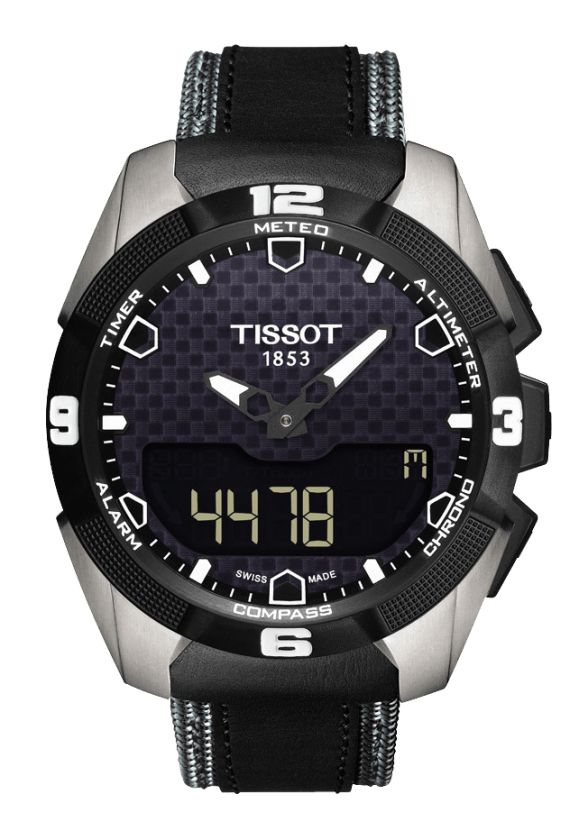
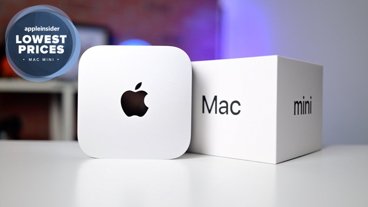
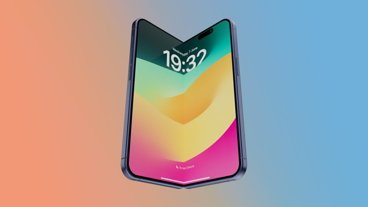
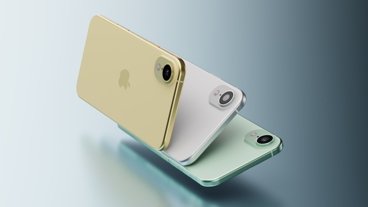
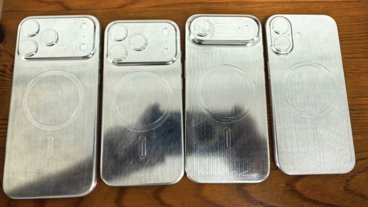
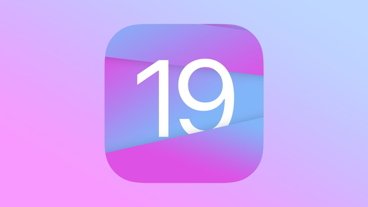


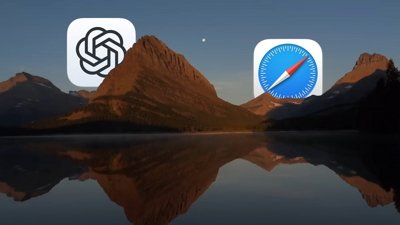
 Chip Loder
Chip Loder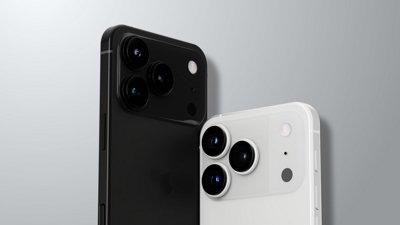
 Wesley Hilliard
Wesley Hilliard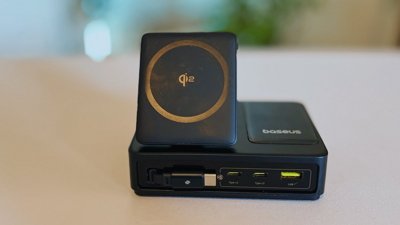
 Amber Neely
Amber Neely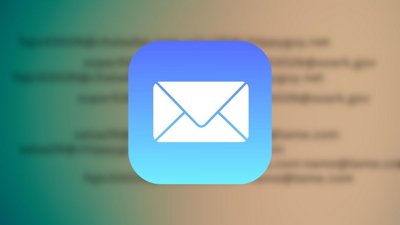
 Marko Zivkovic
Marko Zivkovic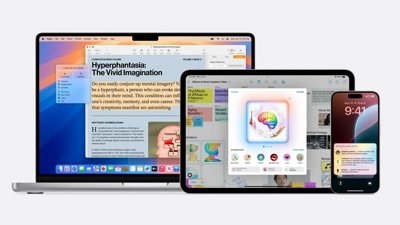
 Malcolm Owen
Malcolm Owen
 Andrew O'Hara
Andrew O'Hara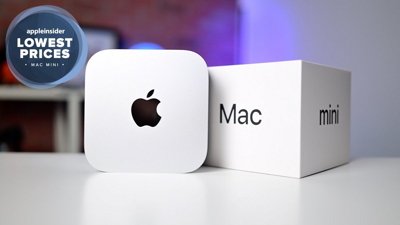
 Christine McKee
Christine McKee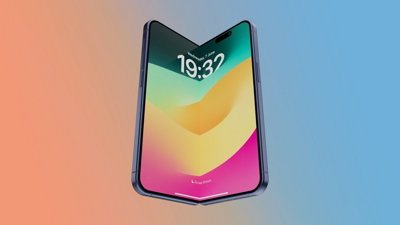









58 Comments
Don't even try.... guys. You just don't have the chops to do both hardware and software and the multitude of challenges that goes with keeping the two humming smoothly.
Of course it wouldn't work with iOS - Apple wouldn't open up the system that far.
The thing is...yes, Swatch is cheaper than Rolex. But how many Droidsters would even pay the cost of a Swatch? Gotta be an insanely small market.
I like Swatch watches. I own a bunch of them. But this report makes me go: :lol: The only thing I can think of is that they're gracefully putting themselves in play to be acquired by the likes of a Google.
"Hayek did say that the company would look to work with Windows and Android devices, seemingly ruling out compatibility with Apple's iOS. " How many ways can you say fail?
If they weren't sleeping for the last few years they may be in better position now. Maybe they have experience in watch hardware but they don't have the experience in software and with 3rd party developers. just forget about it Swatch.